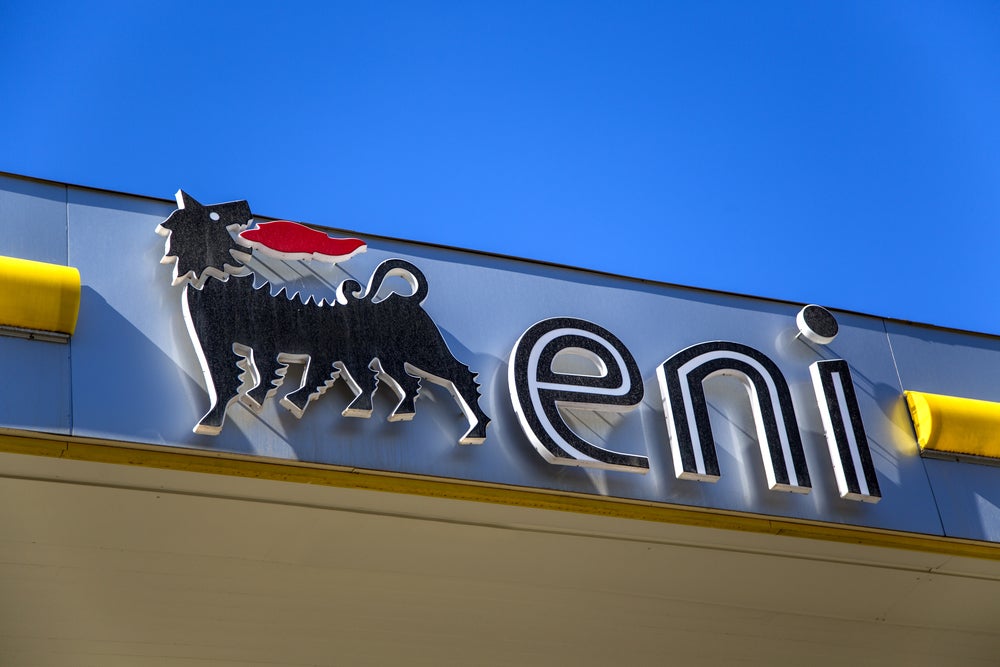Italian oil and gas company Eni has announced a significant gas discovery at its Geng North-1 exploration well in Indonesia.
The well sits approximately 85km off the coast of Indonesia’s East Kalimantan province. Preliminary estimates suggest a total discovered volume of five trillion cubic feet (tcf) of gas. Analysis of the gathered data will allow the company to assess the possibility of a “fast-track” development.
The Geng North-1 well, drilled to an under-sea depth of 5,025m, encountered a gas column around 50m thick in a Miocene sandstone reservoir, Eni said in a press statement. A well production test was successfully performed at the site in preparation for a full assessment of the gas discovery. Although limited by test facilities, the test estimated a well capacity of 80–100 million standard cubic feet per day and approximately five to six thousand barrels per day of gas condensate.
Owing to its location and significant size, the new discovery has the potential to “contribute substantially” to the creation of a new production hub. This is expected to sit in the northern part of Indonesia’s Kutei Basin and will be connected to the Bontang liquefied natural gas (LNG) facilities on the coast of East Kalimantan.
Geng North lays adjacent to the Indonesia Deepwater Development area, which includes several stranded discoveries located within the Rapak and Ganal PSC blocks. Eni recently acquired these from oil giant Chevron in a deal that will now enable the company to fast-track the development of the Gendalo and Gandang gas project, which holds approximately two trillion cubic feet of gas reserves.
The Geng North discovery comes shortly after the announcement of Eni’s agreement to acquire Neptune Energy, the completion of which will further strengthen Eni’s position in the North Ganal Block, the company said.
Eni North Ganal, which holds a 50.22% participating interest, operates the block, with Neptune Energy North Ganal and Agra Energi as partners, holding 38.04% and 11.74% in shares, respectively.
Eni has been operating in Indonesia since 2001 and currently has a large portfolio of assets in either exploration, development or production phases. Equity production currently stands at approximately 80,000 barrels of oil equivalent per day from the Jangkrik and Merakes fields in East Kalimantan.
The company aims to have 60% of its portfolio made up of gas and LNG by 2030. Both Indonesia and South East Asia will play an important role in this, the company said.









